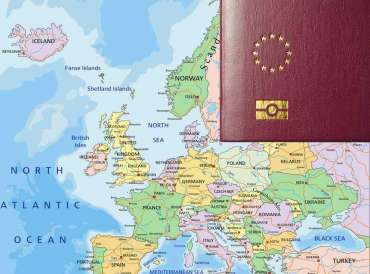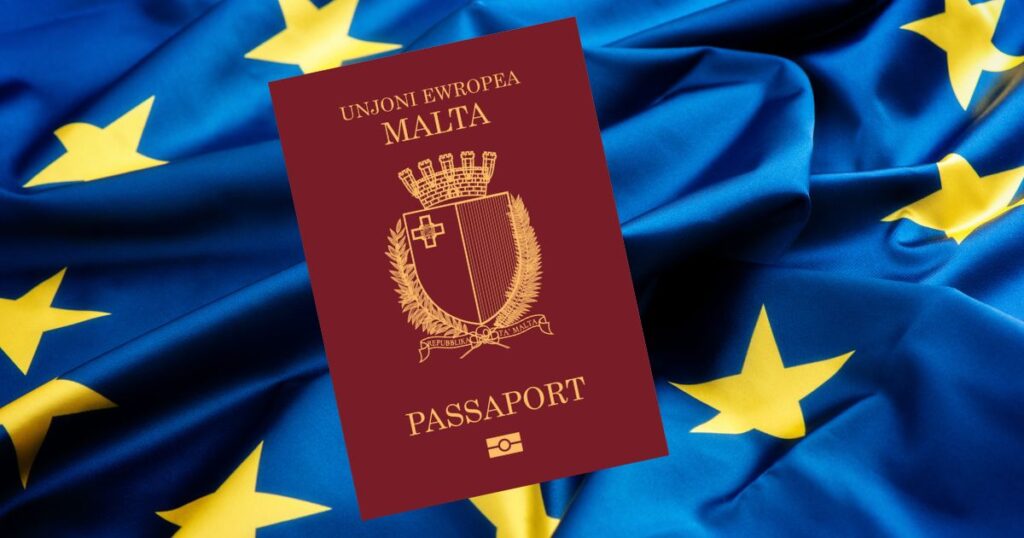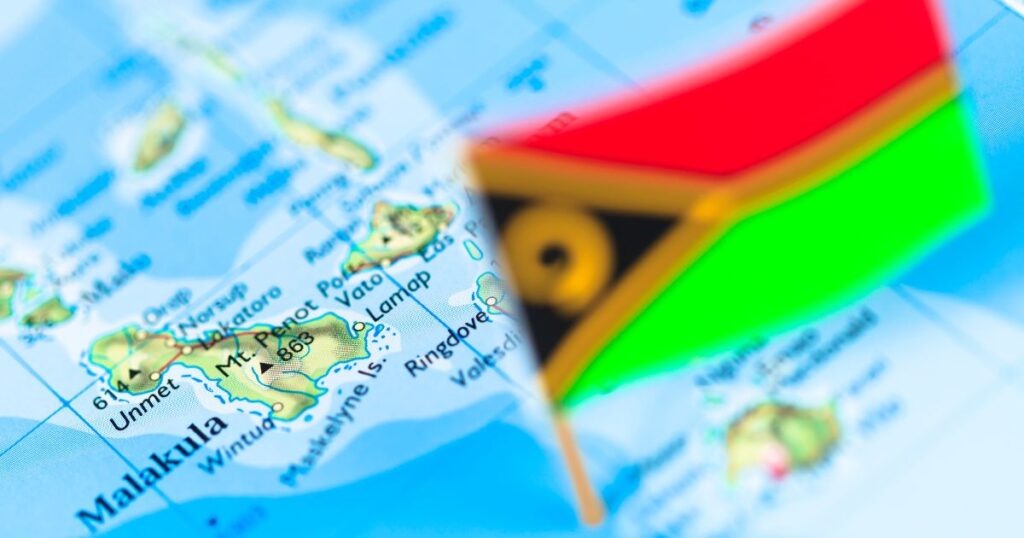The European Union (EU) has become the most popular destination for wealthy foreigners seeking citizenship and permanent residence in exchange for investments. As of 2022, about 17 EU countries collectively actively operate investment residence schemes and 1 country for investment citizenship to foreigners.
What is Investment Citizenship?
Investor citizenship schemes can be defined as a Member State legislative, policy or administrative initiative aiming systematically to attract investment by allowing investors to acquire citizenship of the Member State concerned. Bulgaria, Cyprus and Malta introduced such investor citizenship schemes in 2005, 2007 and 2013 respectively.
Investor citizenship schemes are often referred to as “citizenships for sale” or “golden passports”. They allow foreigners to be naturalised as a citizen of a country in return for an investment, provided certain criteria are fulfilled. Only one country Malta has the officially active investor citizenship program in the EU, while Bulgaria and Cyprus already shut down their schemes.
What is Investment Residence?
Investor residence schemes – often referred to as “golden visas” – grant a right of residence on a Member States’ territory to third country nationals on the basis of investment in the country. They are issued at national level, and therefore do not entitle the permit holder to reside outside the issuing Member State. They do entitle the holder, however, to travel freely within the Schengen zone for a maximum of 90 days in any 180-day period. Currently, 17 Member States run such schemes: Bulgaria, Croatia, Cyprus, Czechia, Estonia, France, Greece, Ireland, Italy, Latvia, Malta, the Netherlands, Poland, Portugal, Romania, Slovakia, Spain. Hungary closed its residency bond scheme in 2017.
Minimum Investment
- Member States without a financial threshold: Greece (“strategic investment”), Poland (“sufficient means to generate income”).
- Member States which require a very low investment (below EUR 100,000): Estonia, Croatia, Lithuania, Latvia.
- Member States which require a low investment (EUR 100,000 – less than 500,000): Bulgaria, Greece, France, Ireland, Lithuania, Latvia, Malta, Portugal, Romania
- Member States which require a medium investment (EUR 500.000 – less than 1 million): Cyprus, Spain, Malta, Luxembourg
- Member States which require a high investment (EUR 1 million – less than 5 million):. Bulgaria, Czechia, Estonia, Spain, Ireland, Italy, Netherlands, Portugal, Romania.
- Member States which require a very high investment (over 5 million): Slovakia (permanent residence), Luxembourg.
Investment Types
- Capital investment: under this model, the requirement is to invest a definite sum either in a company (Bulgaria, Estonia, Spain, France, Croatia HR, Ireland IE, Italy IT, Lithuania LT, Luxembourg LU, Latvia LV, Netherlands NL, Poland PL, Portugal PT, Romania RO, Slovakia SK) or in credit or financial institutions instruments such as investment funds or trust funds (Bulgaria BG, Cyprus CY, Estonia EE, Spain ES, Ireland IE, Luxembourg LU, Latvia LV, Netherlands NL, Portugal PT).
- Investment in immovable property: this model requires to buy, or to rent, a real estate property of a definite value: (Cyprus, Greece, Spain, Ireland, Latvia, Malta, Portugal)
- Investment in Government bonds: bonds of a definite value are purchased to the Government by the investors. These bonds imply a repayment on a maturity date, with a definite interest rate (Bulgaria, Spain, Italy, Latvia)
- Donation or endowment of an activity contributing to the public good: capital is invested in a public project benefiting the arts, sports, health, culture or education philanthropic donations artistic and research activities (Ireland, Italy, Portugal).
- One-time contribution to the State budget: this requires paying directly a certain amount of money to the State (Malta, Latvia) and does not entail repayment contrary to bonds.
Source: European Commission Report





